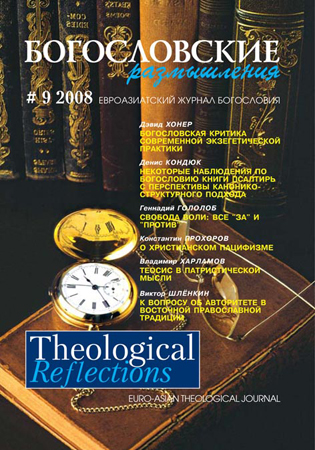Some observations concerning the theology of the psalms from a structural-canonical perspective
Keywords:
Psalms, Theology of the psalms, Structural-canonical perspectiveAbstract
This article presents current trends in Old Testament hermeneutics using the Psalter as a case study. It starts with an analysis of the historical grounds of the current hermeneutical situation and moves to a description of methodology based on canonical criticism as it was presented by Brevard Childs and developed for the Psalter by Gerald Wilson. The article continues through the whole Psalter book by book making observations that the canonical-structural approach makes possible. Following is an analysis of structural theology on the basis of two groups of psalms from the beginning and end of the Psalter and a study of the theology that is obtained by using structural-canonical method and the idea of a holistic plot in the Psalter. Special attention is given to the New Testament’s use of the Psalter with the suggestion that New Testament authors were part of an interpretive tradition similar to the one presented by the structural-canonical approach. Finally, the author suggests applying the structural0canonical approach more widely and vigorously in Old Testament studies and points out the need to revise the indifferent attitude towards early Christian and Jewish interpretive theological traditions that persists in evangelical circles.Downloads
How to Cite
Issue
Section
License
Copyright (c) 2020 Denis KONDYUK

This work is licensed under a Creative Commons Attribution-NonCommercial 4.0 International License.
All articles published in the Journal are distributed under a Creative Commons Attribution-NonCommercial 4.0 International License
By submitting an article for publication in Theological Reflections: Eastern European Journal of Theology the author grants the editors the right to publish the article and distribute it in electronic and print form.
The author reserves all copyrights and the right to use the materials of the article in whole or in part for educational purposes, to write his own dissertations, to prepare abstracts, conference reports, oral presentations, etc., as well as post electronic copies of articles (including the final electronic version downloaded from the journal’s official website) on non-commercial web-resources without the consent of the editorial board and founders.



